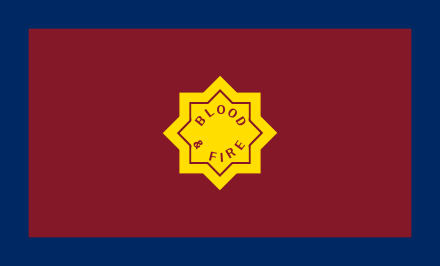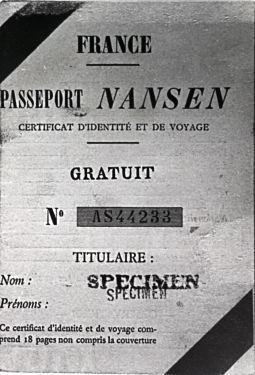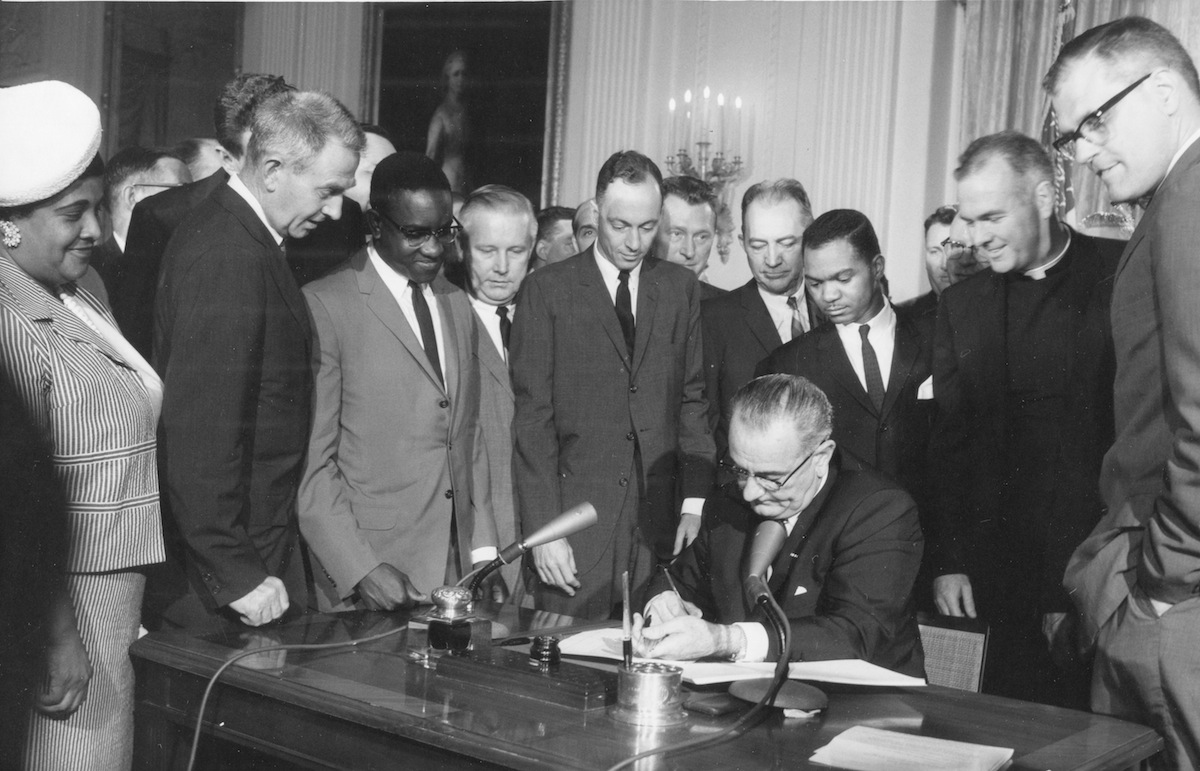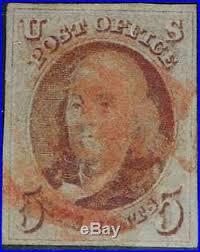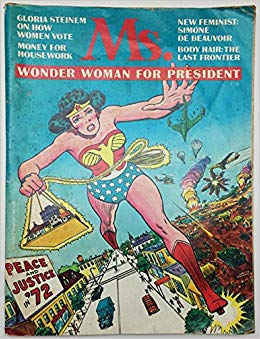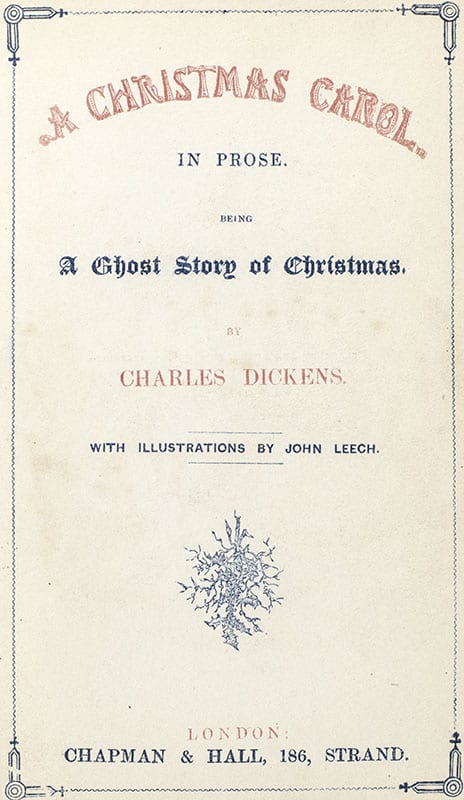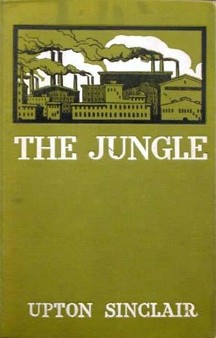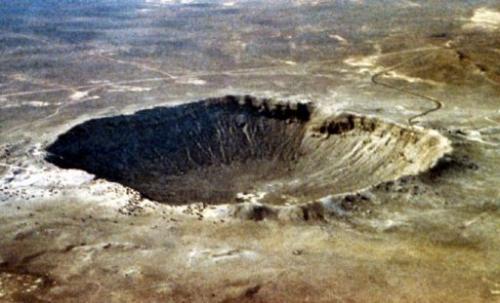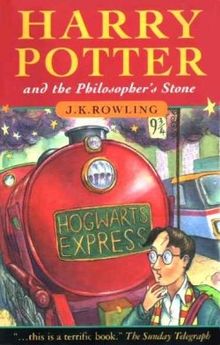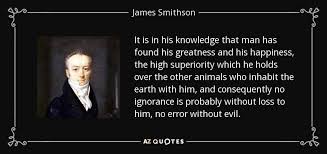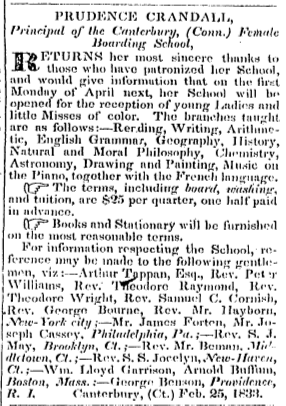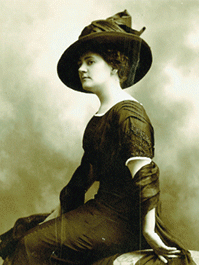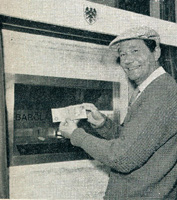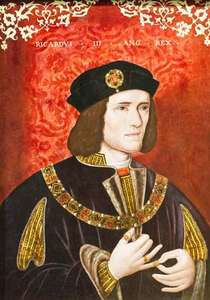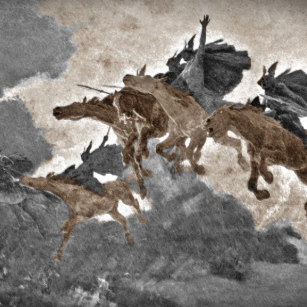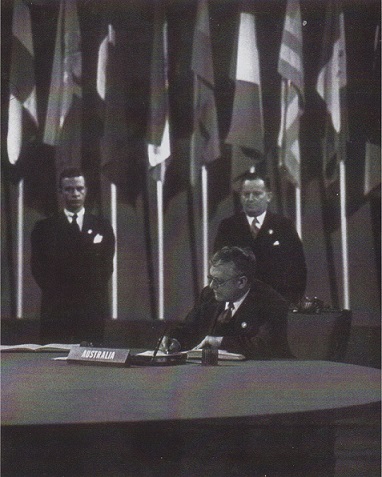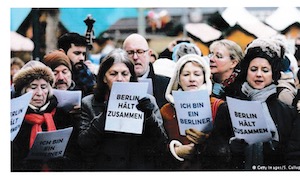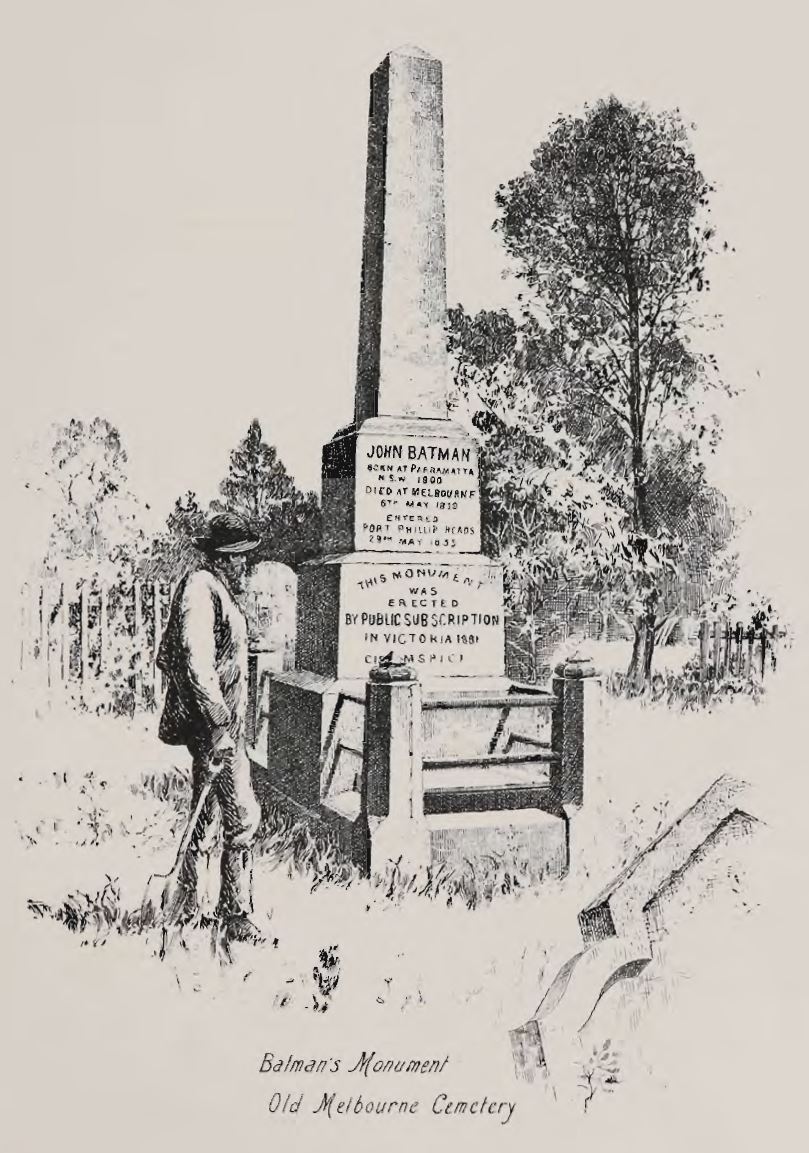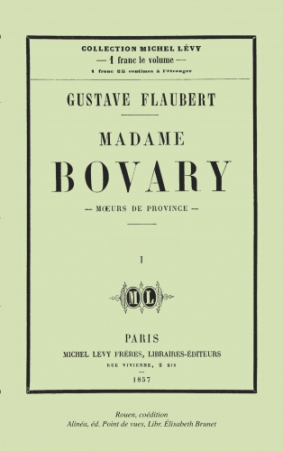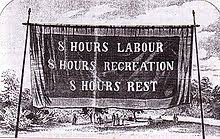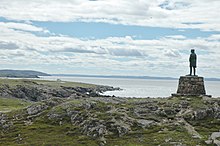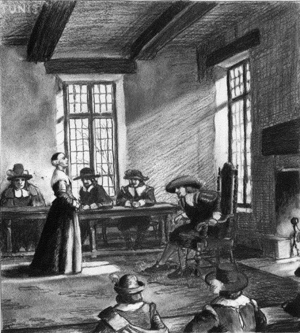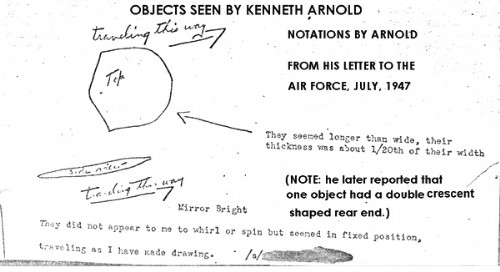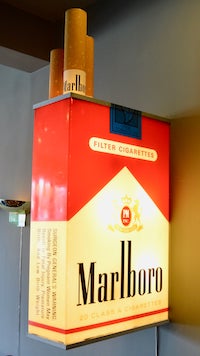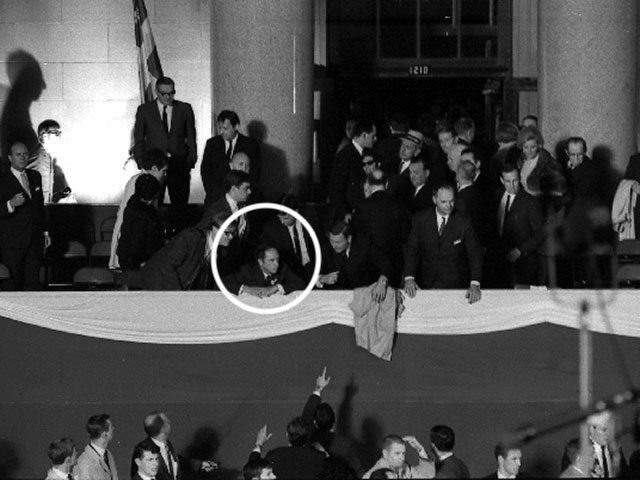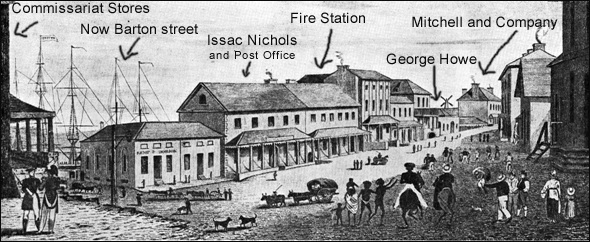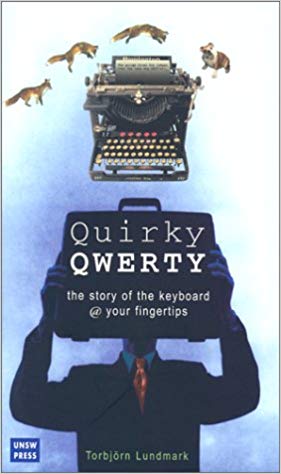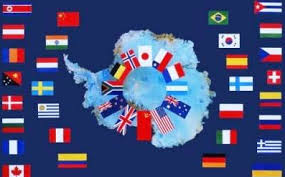In response to popular demand here are a few words about how the daily dose of five factlets history has been selected and presented over the last twelve months.
To survey one day in history, write the report, find images, and post the completed work takes about an hour.
Why five items and not ten or one? Five seems enough to offer a range of events spread over time. On some slow history days it is a stretch to get to five. Only once did I included six (on April 24), rather than five, because I could not decide which to cut. I did another time by mistake.
Priorities
To start with the obvious. Only events that have been dated and recorded can be included. Moreover, the event(s) have to be registered on one of the web sites that are harvested. (See below.) We do not know when Columbus first thought about going West to find the East, but we do know the day he sailed, or when a Zulu chief united his people.
The International Date Line was ignored. Too complicated.
A daily dose should have a range of times into the past. Per Edmund Burke, the future is also part of this time travelling exercise, e.g., the birthdate of James T. Kirk, first contact with the Vulcans, or the next visit of Halley’s Comet all qualify.
A daily dose should offer a geographic spread around the world. Events in the United States dominate the web sites but I tried to garnish that with a mix from elsewhere, the more exotic the better. Hence Timbuktu and Ulan Baator have appeared in the dose.
From one day to the next the daily dose should be varied, not dominated by same kinds of events from the same places. This standard is hard to achieve because recorded events are, well, recorded, like patents and there are a lot of them.
Where pertinent emphasis goes to the Enlightenment agenda of science, reason, music, literature, and humanity. Scientific discoveries, the publication of books, and acts to comprehend human wholeness frequently make the list.
Of course not everything is done in a single event but grow from chains of events, trials and errors, and accident. The development of the telephone, for one example, had many (mis)steps and several of these have made this list. Blind allies are part of the story.
There are two idiosyncrasies. First, the odd and obscure are sometimes included for amusement, though they leave little behind. An example is tightrope walking over Niagara Falls. Second, items with which we have a personal connection will be included and these associations will be mentioned in the text.
Sounds easy, but it is not as easy as all that. Each year there is a spring concert season in Vienna, and in a few April weeks much enduring music has premiered. Sporting achievements are clustered at the certain times, e.g., the Summer and Winter Olympics. Nobel Prizes announcements are also concentrated.
Labelling.
To give the reader an overview I occasionally tagged each item with a place and a genre, for example, D.C., Politics. I do not have a set list of genres but apply one as seems best on the occasion. I started doing this for an editorial check on the scope and range on a day.
Exclusions.
No wars, no battles, no slaughters, no pogroms, no lynchings, no boys blowing each other up, are not listed though there are far too many of them because, well, these things need no further circulation or thought. The first shots fired on Fort Sumter on 12 April 1861 were not included, despite the fact that we have been on Fort Sumter. The Japanese bombardment of Pearl Harbor was likewise passed in silence, though we have been to Pearl more than once. The principle is to give these events no further currency and publicity. The emphasis here falls elsewhere with very few exceptions.
Neither are births and deaths included. We all have to be born and that hardly seems a distinction. That which an individual creates, discovers, makes, conceives, writes, does, and leaves to the world comes later. Similarly, death is not always the end of the influence individuals, some of whom grow more significant when viewed in retrospect.
Exceptions are made when it suits me, like Niccolò Machiavelli’s birth and the start of Operation Dynamo or instances of George Custer’s stupendous incompetence.
Qualifications
Dates are required, and not everything is dated as noted above. We do not know the day when Chinese astrologer-astronomers first trained their eyes on Mars, yet surely they did. The date when Pharaoh commissioned the Sphinx is unknown, but we do know when it was found. There are few dates associated with the empires and civilisations of black Africa. Written records favour events like patents and publications.
But even with publications there are lacuna. On what day of the week, month of the year, and year was Plato’s Republic published? Of course, it was not published as we use the word today, and he did not present it whole but worked it out piece by piece. But we can know the exact date upon which the earliest Latin rendering of the Republic was sold at auction (and for how much).
Most of the recorded events come from the Northern Hemisphere and follow the seasons there with more items in the Spring and Summer than in mid-Winter (apart from Canadian hockey). There are far fewer items from sub-Saharan Africa and insular South East Asia. I was surprised at how few items I came across from Spanish America, considering how long it has existed, its vast extent, and it large population. No doubt that reflects the sources I used. The compensation for continental paucity is that when items from these under-represented regions appeared, they were very likely to be included because they are exotic.
The Report
Once five items are in hand, the next step is to double check with Wikipedia or Google about details. Some of the History today websites seem to have been prepared by web crawlers, misspellings and missing text occur, along with direct contradictions. Others are unfathomable, cryptic. Think of the tweets of President Twit and that is the illustration. Garbled. I have included a sampling of some of the mystifying ones below.
There follows a Google search for an image to illustrate each item, to give readers some eye candy as relief from text. The pedant in me finds that maps that show the distance and route are very useful. Instances of technology, say an early telephone, show us how far developments have come since that beginning. In all cases Wikipedia is the final authority.
Nearly all the sources I consulted use the present tense which flattens history and so I have edited the summaries to use past tenses. Homer nodded and sometimes I forgot to do this.
Sources
The following web sites are consulted in the order listed. Over the year the list grew.
Library of Congress
Australia Today
National Library of Canada Today
New Zealand History
People’s History
History Net
History Channel
Today’s Historical Events
Nebraska History
On This Day in History
Scope System History Today
Daily Dose of History
Wikipedia
Why did I do it?
It started on a whim when I realised these history-on-this-day websites existed. I had a look and made a short list for our own amusement. Reviewing the historical list for the next day soon became an evening ritual at Alpha Prime. When I mentioned this ritual to someone, that person suggested blogging it, and I started. By posting a link on Facebook to the blog, it is made known, and it seems to attract hits on the blog, about sixty every twenty-four years. (Yes, I have sampled the count.) Because other items are on the blog the thought is to give them exposure, too, through a Facebook link.
Like all good things, it will came to an end when the year was completed.
Examples of incomprehensible or trivial examples.
Of course house fires, the comings and goings of celebrities, and car crashes are world news to the ABC AmBulance Chasers, but here are a few examples that I found without merit. They are the full text as I found it.
1156 Henry II Jasormigott leaves Bavaria
1779 Earl d’Orleans sails back to Brest
1913 1st US milch goat show held, Rochester, NY
1942 German occupiers take silver anniversary coins in battle
1957 1st edition newspaper the Ware Time (in Suriname), 1,700 die
1960 Dutch 1st chamber commends soccer-law
1963 WCTI TV channel 12 in New Bern, NC begins broadcasting
1982 Rolling Stone Keith Richard house burns down
1984 Morocco Showcase opens
1985 7 die in car crash in San Jose, California
1990 Steve Allen, installed as a new abbot
1993 Eastern Tennessee begins using new area code 423
1996 “7 Guitars” closes at Walter Kerr Theater NYC
2013 Minibus collides with a train in Lasi, Romania




